A canker sore is a painful ulcer that occurs inside your mouth on the soft tissue or gums. They are commonly known as, aphthous ulcers and are not related to "cold sores" caused by the herpes virus. They often go away without treatment, but many people use lysine for canker sores to help speed healing time. While lysine is often used for herpes cold sores, the question is, is it really effective for canker sores?
Something You Should Know about Lysine
Lysine can be helpful in wound healing because it is a key player in collagen formation. Collagen helps our bodies make skin and tissue. Our bodies can't make this amino acid, we need to get it from the foods or supplements that we eat. We need lysine to help build proteins into tissue and it also helps make an enzyme known as, carnitine. Carnitine helps make energy from converted fatty acids. Lysine is also helpful in keeping our cholesterol levels down.
How does Lysine Work for Canker Sores?
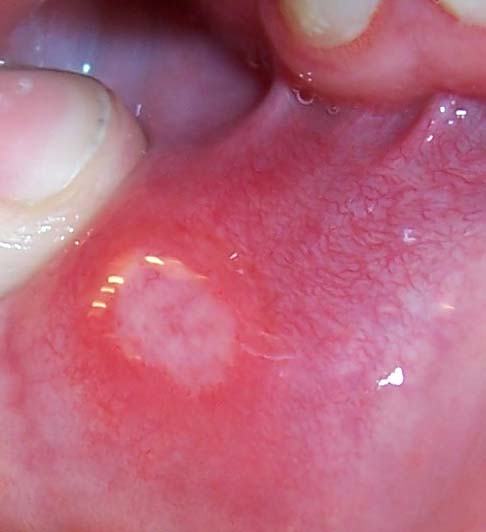
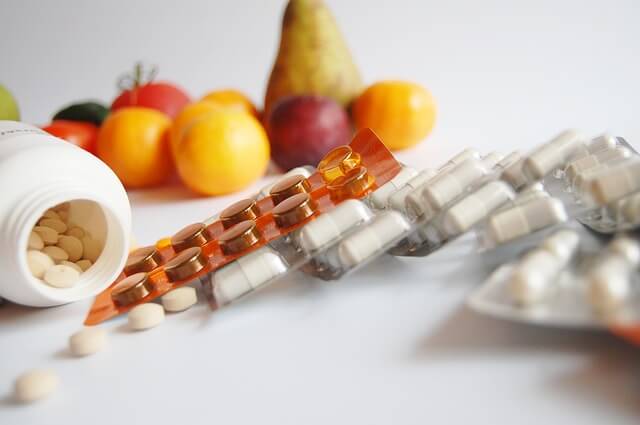
It is thought that canker sores may be triggered by a lysine deficiency. People have found that taking lysine does help control canker sores when they are unable to get enough through their diet. Also, people who take the amino acid, arginine, may have lower levels of lysine. Arginine supplementation can reduce lysine in the body.
While the cause of canker sores is still not completely known, they may be caused by a virus or other imbalances in the body. Here is how Lysine for canker sores helps:
Lysine is an essential amino acid that is one of the "building blocks" of protein. It helps produce and put the collagen in your body. Your tissues all have collagen and when you have an injury or sore, lysine may help bring all the things together that the tissue needs to heal. Lysine also functions to keep the enzymes away from injured tissues that continue to break down the collagen. Lysine may also give your immune system a boost to help your body heal damaged tissues.
Recommendations for Use
As soon as you notice a canker sore, begin taking 1,000 mg three times daily with each meal. After the canker sore goes away, continue to take 500 mg three times daily with meals for a week.
- Avoid lysine while taking antibiotics like neomycin, streptomycin, and gentamycin. Keep dosage less than 10 grams daily to prevent toxic levels of the antibiotics in your bloodstream.
- Separate milk from lysine by at least 2 to 4 hours.
- Lysine may cause side-effects such as diarrhea, abdominal pain and cramping.
Other Supplements That Help
Besides lysine for canker sores, you can also try one of the following supplements to help:
- Calendula helps to reduce inflammation in the body and encourages skin healing. Use the tincture and place 1 tbsp. In 4 ounces of water. Swish three times daily and spit out.
- Licorice - (DGL or deglycyrrhizinated licorice) can place a protective coating over canker sores to keep saliva and other irritants from slow healing. Just chew on some licorice a few times daily.
- Zinc helps to boost the immune system. Try sucking on zinc lozenges a few times daily.
- Echinacea can give your immune system a boost if you have been under stressed and overtired. Take about 200 mg four times daily. You can even help prevent canker sores by taking 200 mg in the morning for up to a month.
- Goldenseal is thought to stimulate white blood cell production and boost the immune system to help fight off and heal canker sores. Take a small amount of goldenseal and dab it directly on the canker sore.
- Vitamin C helps tissue healing and gives your immune system a boost at the same time. Take 1,000 mg daily while the canker sore is present, then 500 mg daily for prevention. If you can, take a form of vitamin C that has flavonoids in it for more power.
- B complex: If you get canker sores often, you may need more B complex vitamins. Try taking one vitamin B complex daily.
- Propolis: This is the sticky part of honeybees honeycomb. It can speed up healing. Use the tincture and apply to canker sores daily until healed.
Self-Care Remedies
Sometimes a good "old-fashioned" home remedy is all it takes to heal up a canker sore fast. Using lysine for cold sores can be very helpful, along with things like:
1. Avoid Spicy Foods
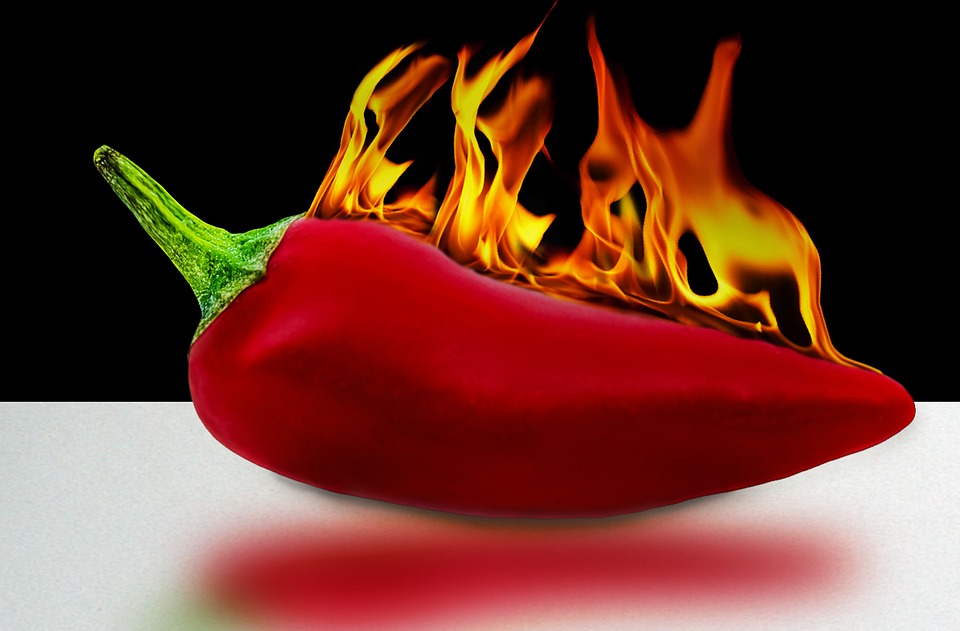
Eating spicy foods can irritate mouth ulcers and canker sores. Avoid spicy foods until the sore is healed up.
2. Suck on Ice
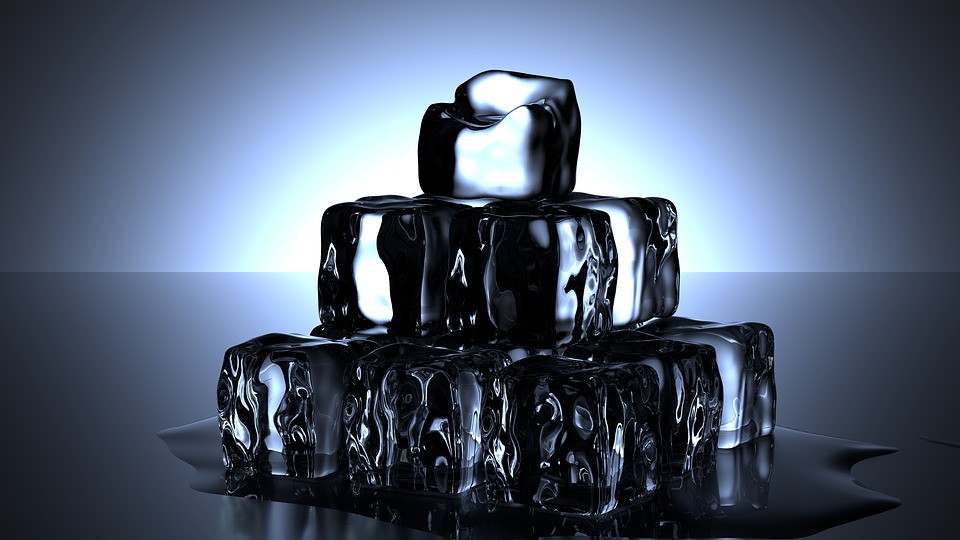
Try sucking on some ice or placing the corner of an ice pack onto the ulcer. This will help numb the tissue and relieve the pain.
3. Use Sensitive Toothpaste

Try switching to a toothpaste that is designed for sensitivity. Toothpaste can irritate canker sores and make them sting, but keeping your mouth clean while they are healing is very important.
4. Try Oral Pain Reliever
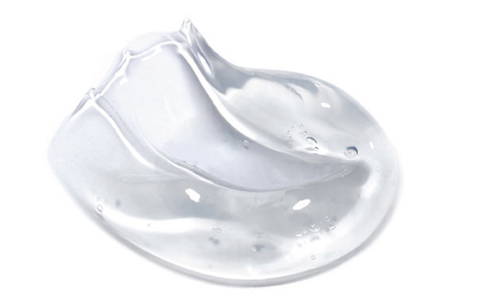
Try an oral pain relieving gel to help relieve pain and coat the sore while it heals.
5. Stay Away from Acidic Foods

Not only will acidic foods cause pain, they will also irritate the tissue and slow down the healing process. Try to stay away from acidic foods until the ulcer has healed. Some people may actually develop canker sores from too much acid in the diet.
When to See a Doctor
Canker sores usually go away on their own without complications. Once in a while, they may cause some trouble and need medical care. Contact your doctor if you experience any of the following issues:
- A canker sore that doesn’t heal in 2 weeks
- Fever 101 °F with canker sores
- Over 4 canker sores at one time
- Canker sores over 2 to 3 times in a year
- See a dentist if you have chipped teeth, dentures, or braces
- Pain so severe you can’t eat or drink anything
- You have a reaction while using lysine for canker sores (allergic, increased ulcers, rash)
